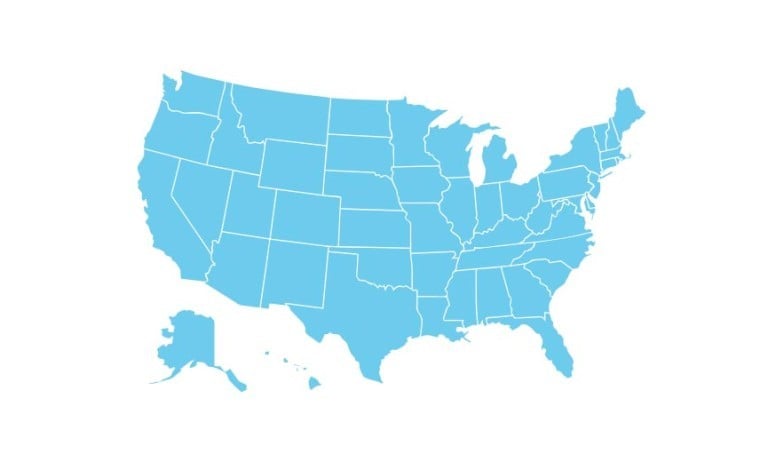Business Resources to Help You and Your Employees

The First 100 Days: Business Strategies to Adapt Quickly
Amid regulatory upheaval and compliance overhauls, which federal Executive Orders could affect your business. Gain clarity from seasoned experts in government relations and human resources.
AI and Small Businesses
The 2025 Paychex State of Small Business AI Report shares insights from its survey of more than 1,100 business owners on overall attitude on the technology, the impact at work on efficiency and productivity, potential concerns, and how they plan to invest and implement.
Business Podcasts
Paychex Thrive, a Business Podcast
Navigate the dynamics of today's business climate.

Paychex Pulse, an HR Podcast
The issues facing today's human resource leaders and managers.










